

Time To Re-Connect
The generations to come will grow ever more alienated from the sources of their food, water, energy and material goods… It is rather urgent that we help them to regain their rootedness in nature.
Browse past isues
Help the mission
Support the mission
Get in touch


September 2014


The generations to come will grow ever more alienated from the sources of their food, water, energy and material goods… It is rather urgent that we help them to regain their rootedness in nature.
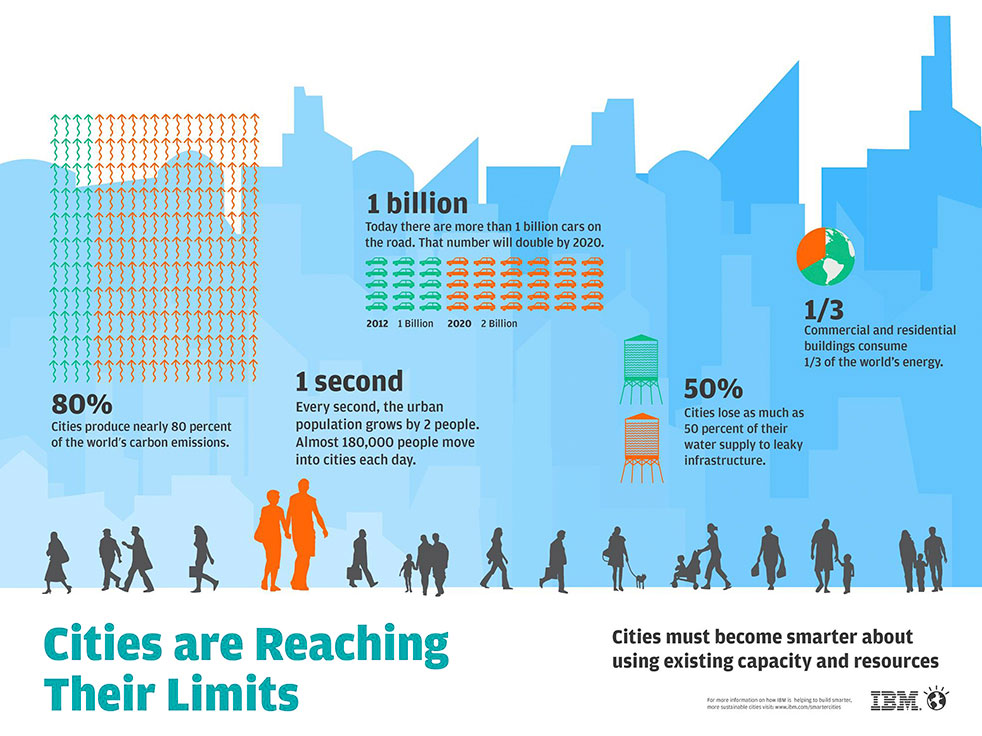

Global urban population is expected to increase by another 2.5 billion people by 2050 from current levels of 3.9 billion or 54% of population, with the greatest growth expected in India, China and Nigeria, according to the 2014 revision of the World Urbanization Prospect.


Every year, hundreds of women from China, Hong Kong and Australia arrive in Bangkok to undergo a particular type of IVF – In Vitro Fertilization and Embryo Transfer – which allows them to choose the sex of their unborn child.
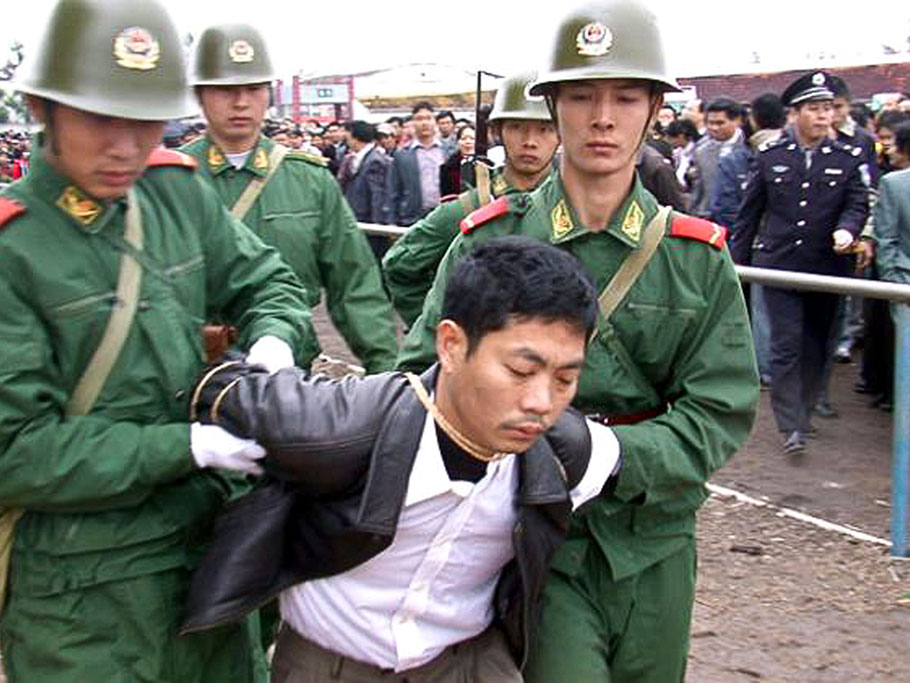

The number of executions worldwide increased last year despite a global trend toward capital punishment abolition. This is the finding of the 2014 report entitled “The death penalty in the world,” compiled by the Italian organization, Hands Off Cain, and presented recently in Rome, Italy. Asian and Middle Eastern nations are in the lead for the number of people sent to their death. Once again, in 2013, China won this sad award, followed at some distance by Iran and Iraq.


Vietnam’s first Catholic university is no longer a mirage. It is very soon going to become a reality. In fact, according to Paul Bui Van Doc, Archbishop of Ho Chi Minh City, the structure could be ready within a year. It is going to mark a crucial turning point in the history of the Vietnamese Catholic Church, the sign of an eagerly awaited return to the freedom of education, which the communist government has denied the people for 60 years.


Child marriage among Syrian refugees in Jordan has more than doubled since the start of the conflict, leaving girls vulnerable to health problems, domestic abuse and poverty, the U.N. said.
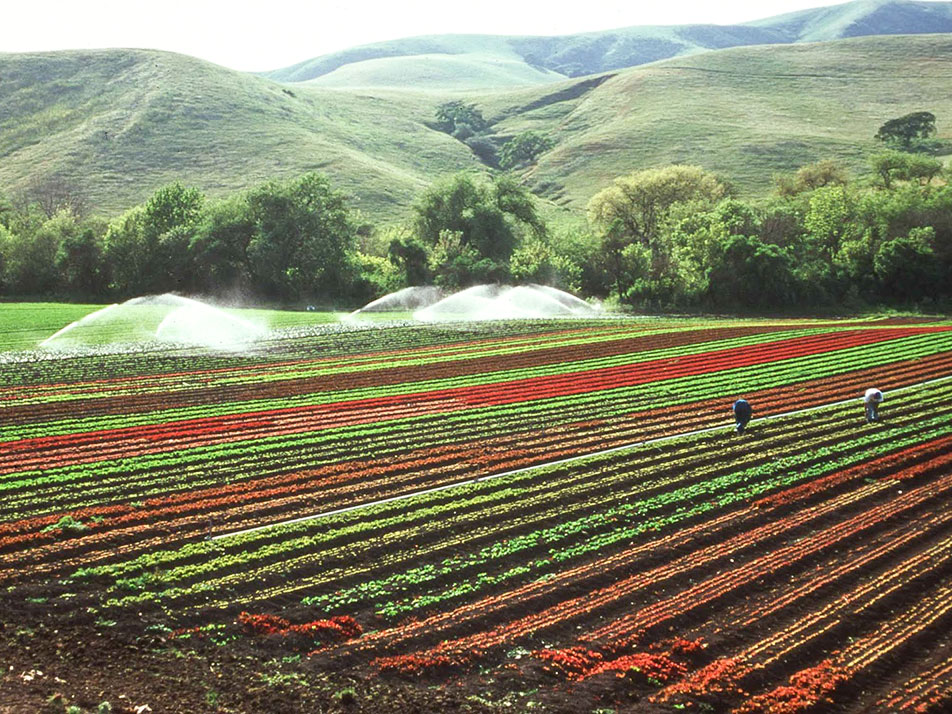

The world’s existing cropland could feed at least 3 billion extra people if it were used more efficiently, a new study has found, showing that the large increases in population expected in the next three decades need not result in widespread hunger.


I have a big problem with Ph.D. clerics who carry automatic weapons. Consider, if you will, Dr. Abu Bakr al-Baghdadi al-Husseini al-Qurashi, whose doctorate is in Islamic studies. He is the 40-something Iraqi imam nicknamed Abu Du’a who recently called for the world’s Muslims to follow him. He claims descent from the Prophet Muhammad. The U.S. government calls him a Specially Designated Global Terrorist and has posted a $10 million reward for his capture or killing.


One of the most important things for a happy meaningful life is to have a goal, a positive purpose that does good for others
and for ourselves. It can be helping in the community, volunteering in a Fair Trade shop, supporting in a shelter for the homeless, or raising funds for a worthy cause.


Although the parallel change, in March 2013, in the leadership of China, the most populated country on earth, and the Vatican, where the largest group of believers are in the world, sparked a glimmer of hope for Catholics living inside and outside China, much remains to be seen in terms of the thawing of relations between the two states. While top leaders of both countries are working hard to try to break the impasse, local Church leaders have to contend with the fast-changing landscape of China brought about by rural-to-urban migration, which poses a challenge to the Church’s evangelization efforts.


Man’s obsession with technology and advancements in food production, trade, and even how time is perceived, has made him seemingly detached more and more from nature and the environment he lives in. What used to be an integral part of man and his survival has now become an accessory which, more often than not, is rendered irrelevant to how life should be lived. Perhaps it would be best to revisit the rudiments of survival, look towards nature, and teach younger generations of its value and importance – before we lose a sense of who we are and what we originally stood for.
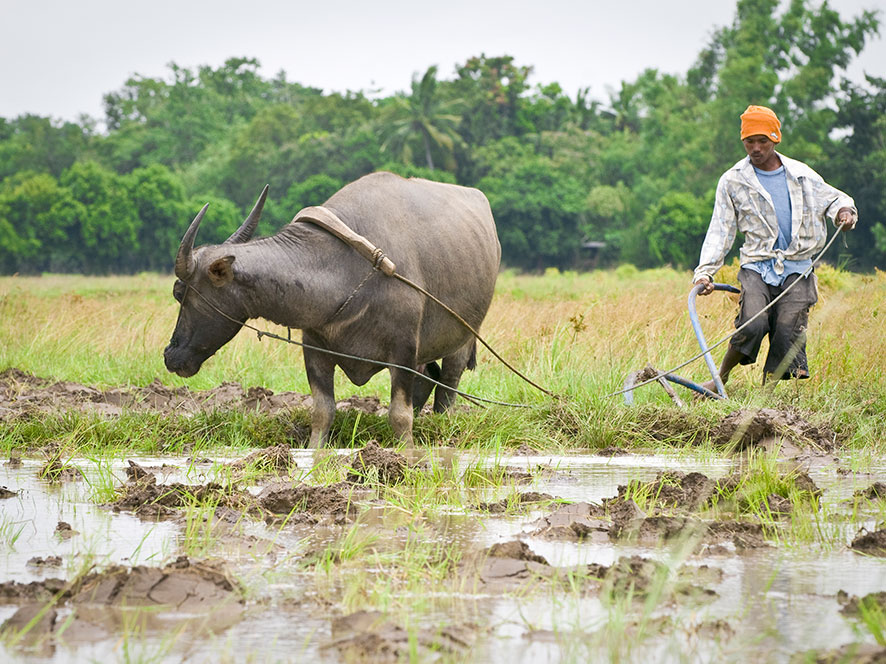

After the downfall of the dictatorial Marcos regime in 1986, many laws were enacted by the newly-installed democratic Philippine government to ensure the restoration and dispensation of social justice and human rights. Among these is the Comprehensive Agrarian Reform Law, the goal of which was to distribute land, amassed by the wealthy, to poor farmers. Almost three decades into its implementation, however, false promises by officials and loopholes within the law itself continue to prevent farmers from receiving their due, jeopardizing not only the lives of poor farming families
but the food security of the country as well.


In an interview with WM, lawyer and agrarian reform advocate Christian Monsod gave an insight into the struggling farmers’ mind, what the farmers’ dreams, aspirations, and frustrations are, as the fight for land continues, amid the growing indifference shown by the government and influential landowners. As a constitutionalist, Monsod shared his thoughts on why
the Comprehensive Agrarian Reform Act failed and, on a larger scale, why social reform programs in the country continue to fail, even after a dictatorial regime. Finally, as a fighter for freedom and justice, Monsod warned of possible upheaval and bloodshed if the farmers’ patience continues to be tested, and their rightful share of the land persistently withheld.


Time and again, governments, research institutions, and even media organizations have released statistics about poverty, with the ultimate goal of addressing, if not solving it. However, despite the quantitative and qualitative analysis given by these groups, poverty remains. Is it a matter of definition? Is it measured by the lack of food or material possessions? Is it perpetuated by government inaction? Only when one has understood the true meaning of poverty can one truly begin to deal with it.


The missionary of the Third Millennium must be a contemplative. This is especially true in the Asian context because of the Eastern tradition of Yoga and Zen. Yet, Christian contemplation is essentially different because it is always a personal encounter with the personal God of the Bible and Jesus is the way to God in the Holy Spirit. It is in contemplation that prayer becomes love.


One of the first Black Africans to become a university professor in France, Léopold Sédar Senghor (1906-2001) fought in World War II, survived a German concentration camp, made himself a name as a poet and an intellectual, entered politics, guided his nation, Senegal, to independence, and became its first president. Senghor was a born harmonizer whose career was full of paradoxes; although a Catholic, he headed a predominantly Muslim nation; a fervent supporter of African culture, he also appreciated the culture of Europe. Considered one of the best poets of the 20th century, he was, in addition, a professional politician of great skill and proved to be an able and effective leader. He received many honors in the course of his life and was named honorary doctor of thirty-seven universities. As the father of the Négritude intellectual movement, he has left an immense legacy in the field of dialogue between different cultures.


“Come to my house and stay” – Read Acts 15:36-16:15
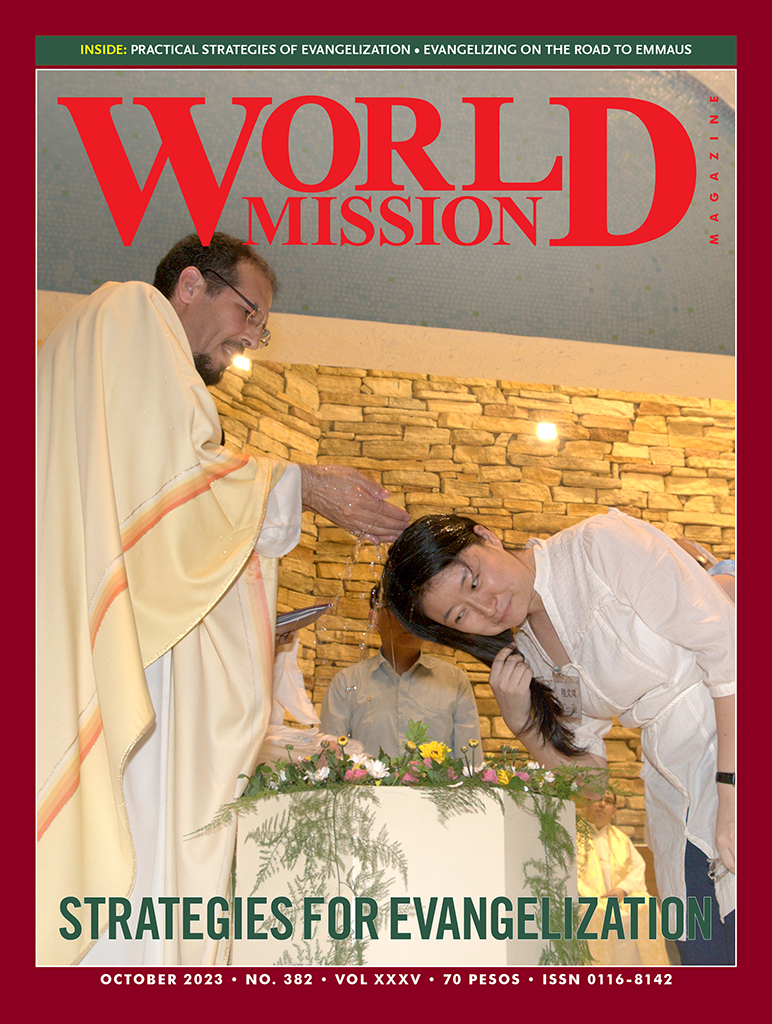

October 2023 Issue
The latest issue is reserved for paying Subscribers only.
